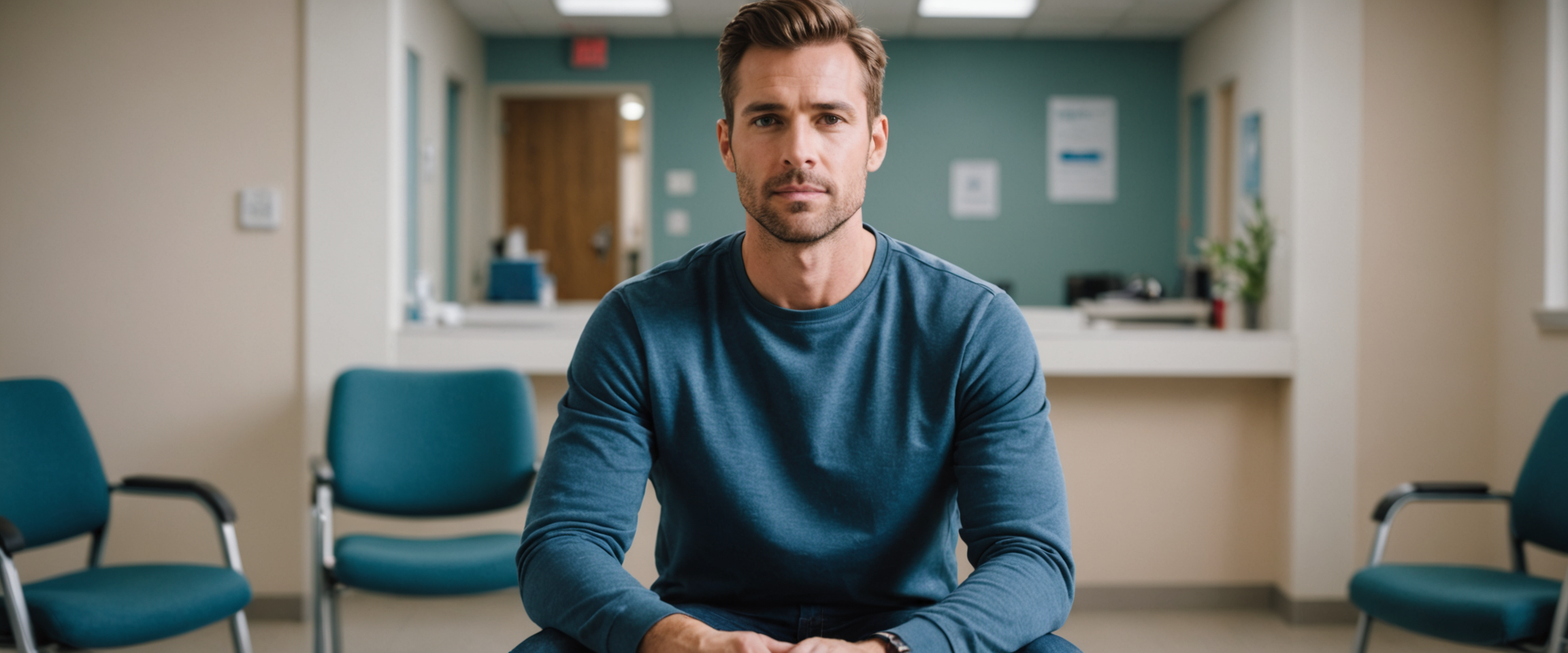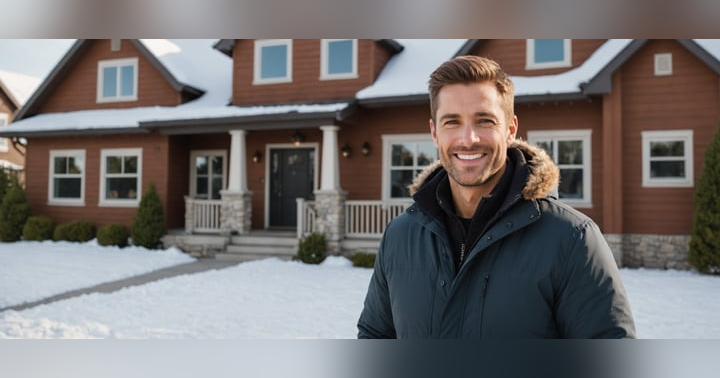Queer Health Journeys: Challenges, Resources, and Paths to Empowerment

Navigating Healthcare as a Queer Patient
Accessing quality healthcare can be a complex and often intimidating experience for LGBTQ+ individuals. Queer patients frequently encounter barriers such as implicit bias, gaps in culturally competent care, and assumptions about sexual orientation or gender identity that can impact treatment outcomes. Personal research, advocacy, and self-education often become essential tools for navigating these challenges.
Mickie Kennedy, a poet and PR professional from Baltimore County, Maryland, illustrates these realities through his own healthcare journey. After facing colon and prostate cancer diagnoses, he experienced miscommunication, incomplete information, and assumptions about his sexual orientation that affected his care. His story highlights the importance of proactive engagement, seeking knowledgeable providers, and accessing resources tailored to queer patients.
Understanding Illness Through a Queer Lens
Healthcare experiences are shaped by both systemic barriers and societal pressures. Many men, including queer men, feel compelled to appear strong and self-reliant, sometimes delaying medical care as a result. These pressures can intensify when providers fail to acknowledge or understand a patient’s sexual orientation, leaving key aspects of care unaddressed.
Confronting serious illness can challenge these norms and reveal gaps in the healthcare system. Mickie reflects:
“I kind of feel like this is my purpose now, a little bit, to communicate around it and get people to know that it's okay to discuss this. It's okay to talk about it.”
His experience demonstrates how queer patients often must advocate for themselves, seek supportive providers, and process their experiences outside traditional healthcare systems. Cancer diagnoses and treatments also encourage reflection on identity, intimacy, and living fully while managing illness. Access to culturally competent guidance and supportive communities is critical for navigating these challenges with confidence.
Challenges and Community Resources
Seeking healthcare can feel daunting for queer individuals due to fears of discrimination, lack of understanding, or limited guidance. Even without overt bias, information gaps can leave patients uncertain about what to expect.
“I suspect that based on what I hear from other people, everybody’s sort of being misinformed, and that a lot of people aren’t being told what to expect and what the outcomes are,” Mickie observed.
Online communities and local support networks can help bridge these gaps, though queer-centered health resources may still be fragmented or limited. Actively seeking out these networks, asking detailed questions, and advocating for clear communication can ensure that care is inclusive, transparent, and responsive.
Processing Illness Through Creativity and Self-Reflection
Managing serious health challenges involves more than medical decisions—it also requires emotional processing. For many queer individuals, creative outlets such as writing and art provide space for reflection and healing.
“I felt I had to create it through my work. I didn’t see it online,” Mickie noted.
Creative expression serves as a coping mechanism and a way to share one’s journey with others. It also fosters self-awareness, empathy, and resilience. Humor can be a powerful complement to creative expression, helping individuals confront illness without becoming overwhelmed.
Empowerment Through Research and Informed Decisions
Taking an active role in healthcare empowers queer patients to make thoughtful choices about treatment. Exploring credible research, discussing options with providers, and evaluating alternative or complementary therapies enhances patient agency.
“I found a lot of studies that I couldn’t read, but I did ask doctors, and they were able to get them for me,” Mickie emphasized.
Informed decision-making allows patients to weigh outcomes, prepare for possibilities, and engage collaboratively with providers, ensuring care aligns with personal values and needs.
Finding Resilience and Hope
Navigating healthcare as a queer person often involves confronting uncertainty, loss, and moments of grief. It is essential to acknowledge and process these emotions rather than suppress them, taking time to reflect on personal needs and well-being. By doing so, individuals can avoid getting stuck in cycles of self-pity and instead cultivate resilience.
Grieving is a natural part of any challenging experience, whether facing a medical diagnosis, personal hardship, or life transition, but with self-awareness, support, and intentional care, it is possible to move toward healing and optimism. Difficult moments are temporary, and with time, patience, and proactive steps, brighter days and renewed hope can emerge.
And remember: every day is all we have, so you've got to make your own happiness.
For more information on this topic, listen to Episode 161. Queer Bodies: Navigating Illness, Identity, and Intimacy (with Mickie Kennedy).
Tune into your favorite podcast player every Tuesday for new episodes of A Jaded Gay.


















